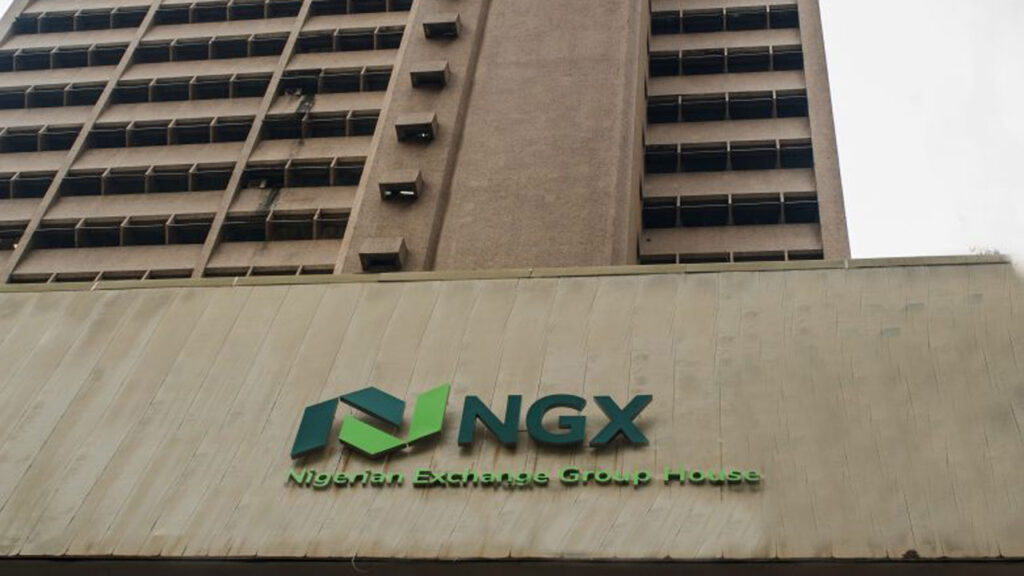
The President of the Nigerian Licensed Ship Chandlers Association, Dr Martins Enebeli, has said the country loses $15 billion on ship chandling and allied services yearly due to harsh operating environment, inadequate access to capital, activities of government agencies and other bureaucratic processes making it difficult for Nigerian ship chandlers to compete with the foreign counterparts.
Enebeli said the ship chandling practice is regulated via the Customs and Excise Management Act (CEMA) Section 74 as well as the Nigerian content law that has 95 per cent local participation and the Nigerian Maritime Administration and Safety Agency (NIMASA) Act.He said aside from these regulatory bodies, the bureaucracies of the security agencies are deeply unwarranted, unproductive and anti-blue economy concepts.
According to him, after the Nigeria Customs Service (NCS) regulates ship chandling practice in the country and gives approval, other agencies like the Nigerian Navy, Nigerian Police, Civil Defense, Immigration among others will still proliferate the approvals.
He said by the time the ship chandler goes through all the bureaucratic processes of the security agencies, the ships would have gone as some of the vessels are on charter.
Enebeli said the vessel turnaround time is in hours, noting that Nigeria is never suitable for them, which is why they go to Ghana, Togo, the Republic of Benin and Côte d’Ivoire and South Africa with extra fuel to take full ship chandling operations en-route Nigeria.
“Nigeria is losing hugely from these logistic deficiencies. Nigeria will reap huge benefits when the chandling activities are properly coordinated and annexed. Our farms and local factories will improve tremendously because the entire earnings on ship chandling is in hard currency,” he stated.
Speaking on infrastructural challenges, Enebeli said Nigeria is at the lowest ebb, noting that no desk in any bank talks about ship chandling and allied services.
He said the Bank of Industries (BoI) and the local banks are not properly lettered on ship chandling and allied services, adding that the Central Bank of Nigeria (CBN) also does not have an account for the inflow of chandling activities.
Enebeli said in Britain, there is a deliberate fiscal policy to enhance ship chandling and its allied services with the banks servicing the industry, unlike Nigeria where it is not available.
He said foreigners that have single-digit interest rates come into Nigeria and do all the big jobs ranging from Floating Production Storage and Offloading (FPSO), Floating Storage and Offloading units, rigs, platforms, floating barges, LNG vessels and super oil tankers.
Enebeli said these foreigners bring offshore finance to carry out these jobs, noting that, unfortunately, Nigeria does not participate because there is no support.
Enebeli urged President Bola Ahmed Tinubu to look deep into the ship chandling and other allied services that can generate over $15 billion as yearly revenue earnings and make Nigeria a hub. He said this implies that all the multiplicity of regulatory bodies and security agencies should be compounded and streamlined into a one-stop-shop mechanism.
According to him, the only way to achieve this is the enactment of a presidential Executive Order to entrench ship chandling and allied services into law for its earnings.
Enebeli advised the setting up of a committee that would be private sector driven with government representatives to enforce ship chandling and allied services law. He also charged the CBN to look at the policy and make certain regulations to favour localised ship chandlers to enable them to compete internationally.













